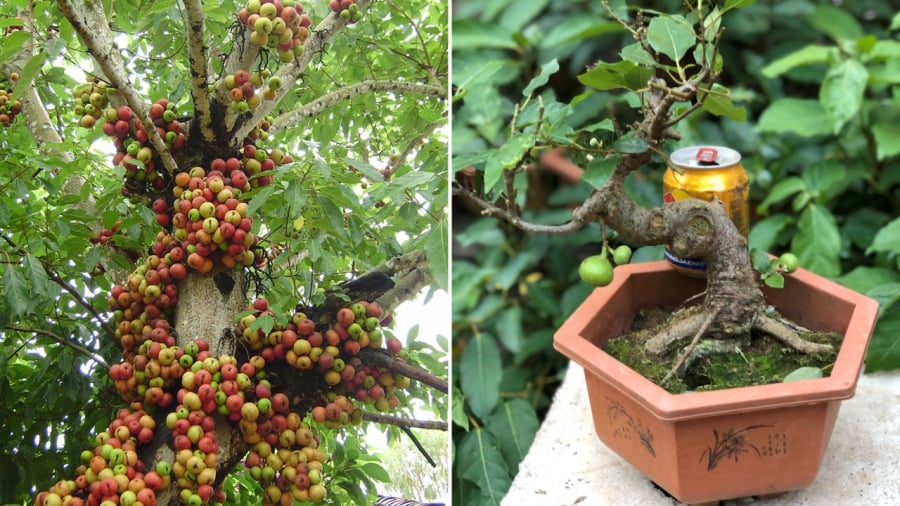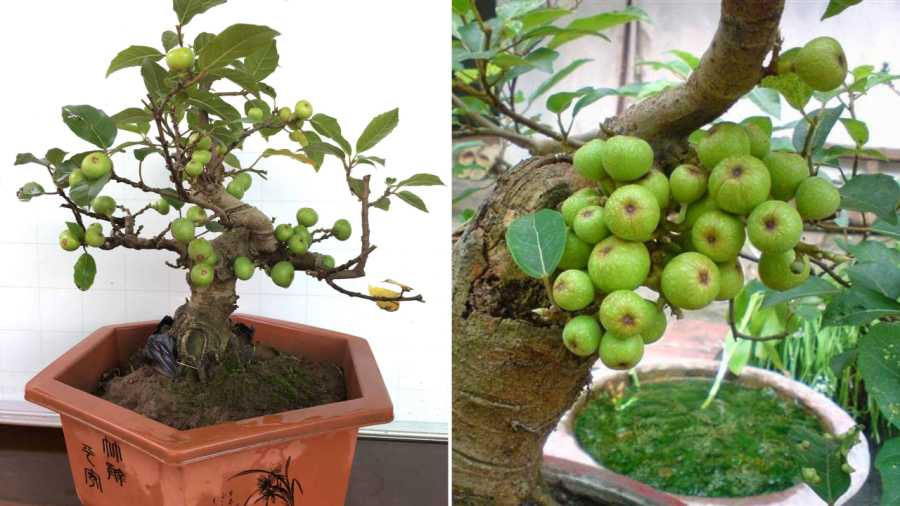The Mulberry Tree: A Versatile Plant with Cultural Significance
The mulberry tree is a versatile plant that can be cultivated for its shade, aesthetic value, and edible fruits. The fruits can be consumed fresh, pickled, or used in cooked dishes, while the leaves are commonly eaten with fermented meat dishes and sour meat dishes.
In traditional medicine, mulberry fruits are believed to aid digestion, reduce inflammation, and treat throat and skin ailments. They are also thought to have detoxifying properties.
Beyond its practical uses, the mulberry tree also holds cultural and symbolic significance, particularly in terms of feng shui.
Feng Shui Symbolism of the Mulberry Tree
The mulberry tree is part of a revered quartet in feng shui, which includes the banyan, elm, and Chinese hackberry trees. This grouping is known as the “Four Noble Trees.” Additionally, the mulberry tree is one of the “Three Nobles” in feng shui, symbolizing longevity, along with the locust tree (representing fortune) and the Chinese fan palm (representing prosperity). These trees are believed to bring abundance and good fortune to their owners.
The clustered arrangement of mulberry fruits symbolizes the unity and harmony among family members. Each fruit, intertwined with others, represents the strong bond and mutual support within the family.

Displaying mulberry fruits on the traditional Lunar New Year fruit platter is considered auspicious, bringing good luck and prosperity for the coming year. Homeowners may also choose to plant mulberry trees in their gardens or near their homes to enhance the feng shui of their living spaces, inviting good fortune and prosperity.
However, it is important to note that the mulberry tree can grow quite tall, reaching heights of 10-25 meters. Therefore, when planting a mulberry tree near your home, consider its potential size to avoid obstructing pathways or blocking natural light. Regular pruning is recommended to maintain a tidy appearance and allow positive energy and fortune to flow into the home.
For those with limited space, dwarf or potted mulberry varieties, such as the American mulberry, are excellent alternatives. These smaller trees are easier to manage and prevent the issue of overgrown trees blocking the entrance.
Regardless of the variety, it is advisable to plant the mulberry tree to one side of the entrance to attract good fortune. Planting on the left is believed to invite peace and safety, while planting on the right is said to attract wealth and career success. Homeowners can choose to plant a single tree on one side or create a symmetrical arrangement with a pair of trees on both sides, avoiding the center axis of the entrance.
Lucky Zodiac Signs for Mulberry Tree Planting

The mulberry tree is considered auspicious, and those who plant it may experience enhanced luck. Individuals born in the zodiac years of the Tiger, Dragon, Snake, and Goat are particularly well-suited to growing mulberry trees. These individuals can benefit from the positive energy and balance that the tree brings to their homes, fostering harmony and attracting good fortune and prosperity.
This information is for reference only and is not intended as personalized advice.






































